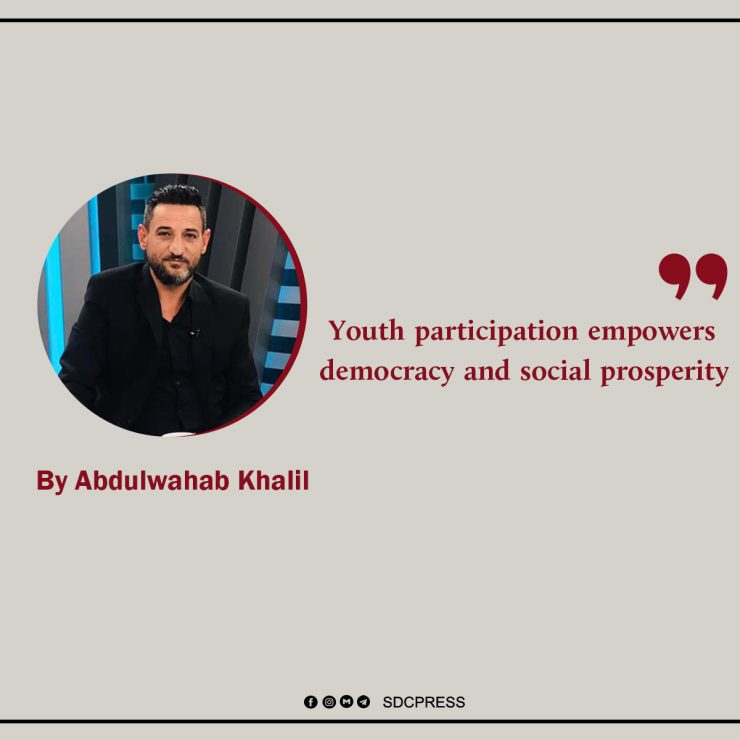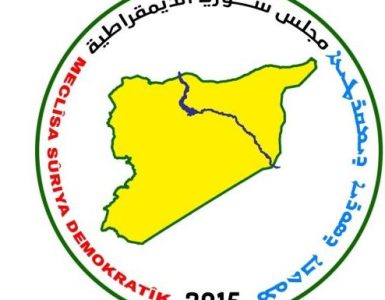By Abdulwahab Khalil
Politician and Youth Activist
Undoubtedly, young people represent one of the most important segments of society, playing a vital role in strengthening democracy and good governance. They participate effectively in building a brighter future for communities. Also, they contribute to the development of democratic ideas and principles.
The role of youth in strengthening democracy is evident through their active participation in political and community work, promoting the values of dialogue, tolerance, and respect for human rights. They possess the enthusiasm and energy necessary for overcoming challenges. So, they can be the leaders for positive changes in society.
The participation of youth in strengthening democracy is manifested powerfully, especially through their involvement in elections and the selection of leaders who represent their interests and work towards achieving positive changes. They can also organize awareness and education campaigns on the importance of democracy and civic rights, and promote a culture of participation and community responsibility.
Furthermore, young people can play a significant role in the fields of innovation and technology. These fields can contribute to strengthening transparency and community participation in the decision-making process. They possess the skills and abilities necessary to utilize technology to promote democracy and expand citizen participation in political process.
In short, young people represent the powerful and driving force for strengthening democracy and building a brighter future for communities. Therefore, governments, international institutions, and civil society must work to empower youth, providing them with the opportunities and platforms to thrive. The aim is to achieve their aspirations and positive change in communities.
However, despite their potential, youth face several challenges in fulfilling their active and pioneering roles in their communities. Some of these challenges are related to economics and migration, while others are related to the lack of awareness-raising culture. This culture promotes the principle of genuine youth participation in political activities. Consequently, it aims at achieving the democratic process. On the other hand, there is a lack of effective civil society organizations working in the field of human rights and supporting the young generation.
Read more: ISIS exploits crises and conflicts for resurgence
Three key challenges undermine youth participation in strengthening democracy:
– A lack of sense of belonging among youth.
– The poor communication about democratic process.
– The restrictions imposed by the authorities in Damascus.
The development of communities depends on how they invest in the skills of young people and the ability of these communities to support and empower them to be successful leaders in the future. These young people are capable of achieving positive change, contributing to strengthening democracy. That should be fulfilled through engaging in dialogues and discussions, exchanging views and ideas with others.
Additionally, youth can play a significant role in promoting justice and equality in society, and combating corruption and injustice. They advocate for the people’s demands and work towards meeting their needs.
Furthermore, youth can contribute to strengthening democracy through volunteering and participating in social and cultural activities. Volunteering fosters national pride and community connection. This also helps cultivate a generation that is empowered and takes responsibility for its actions.
In conclusion, supporting youth and encouraging their active participation in political and social activities is crucial for developing democratic and prosperous communities.




